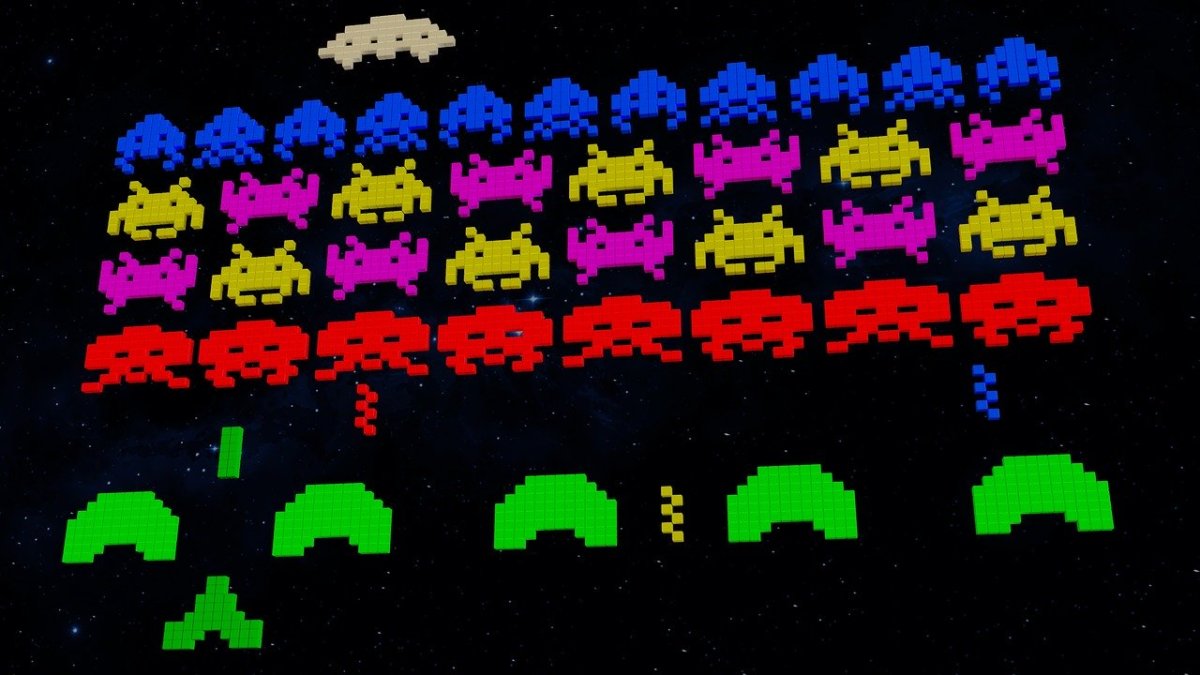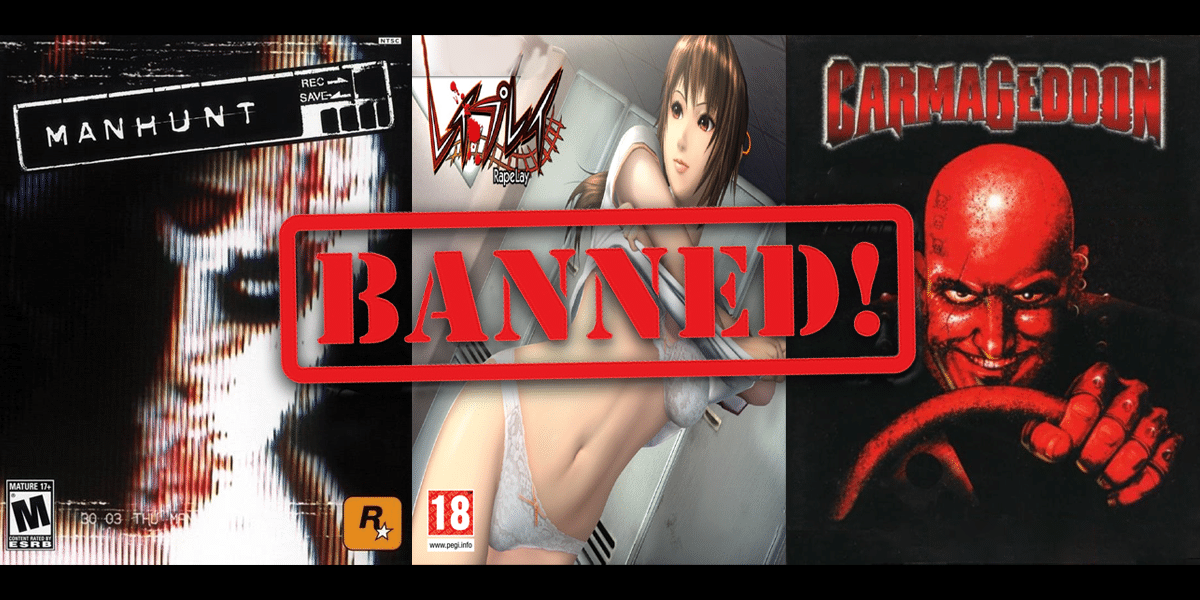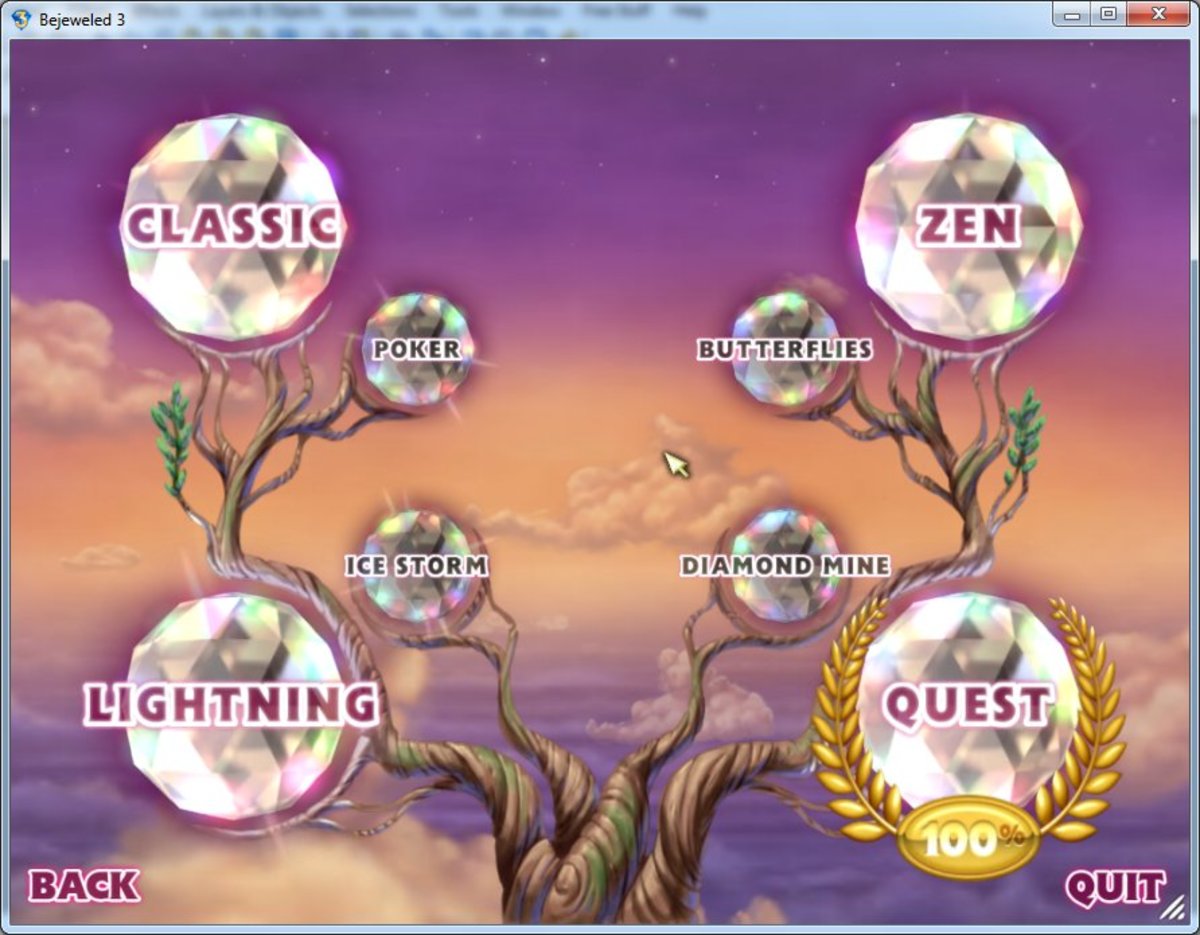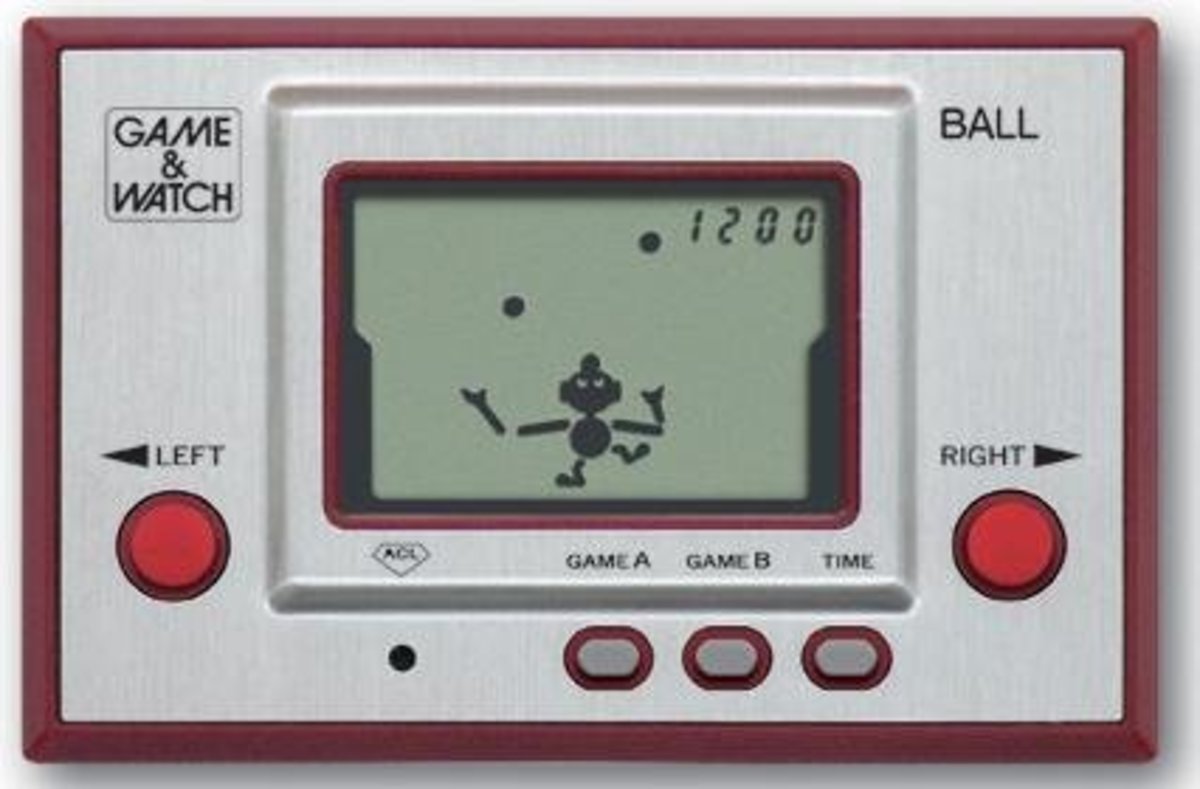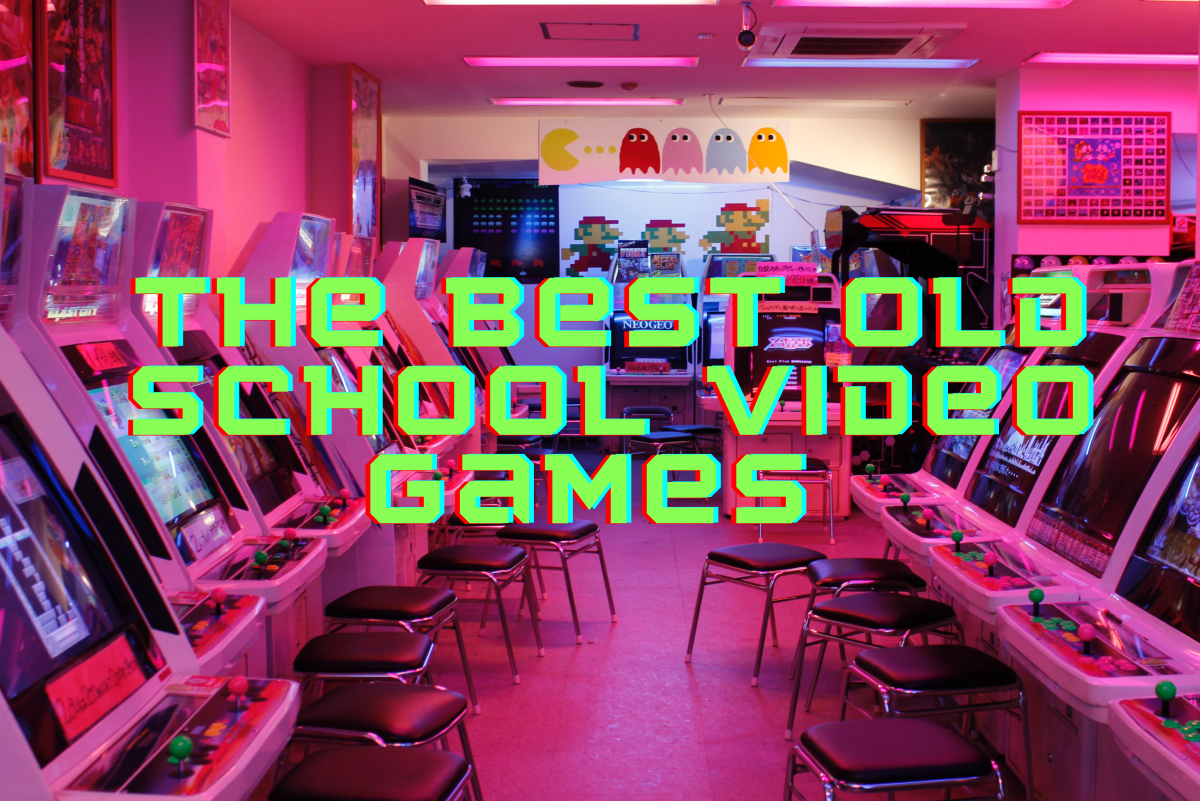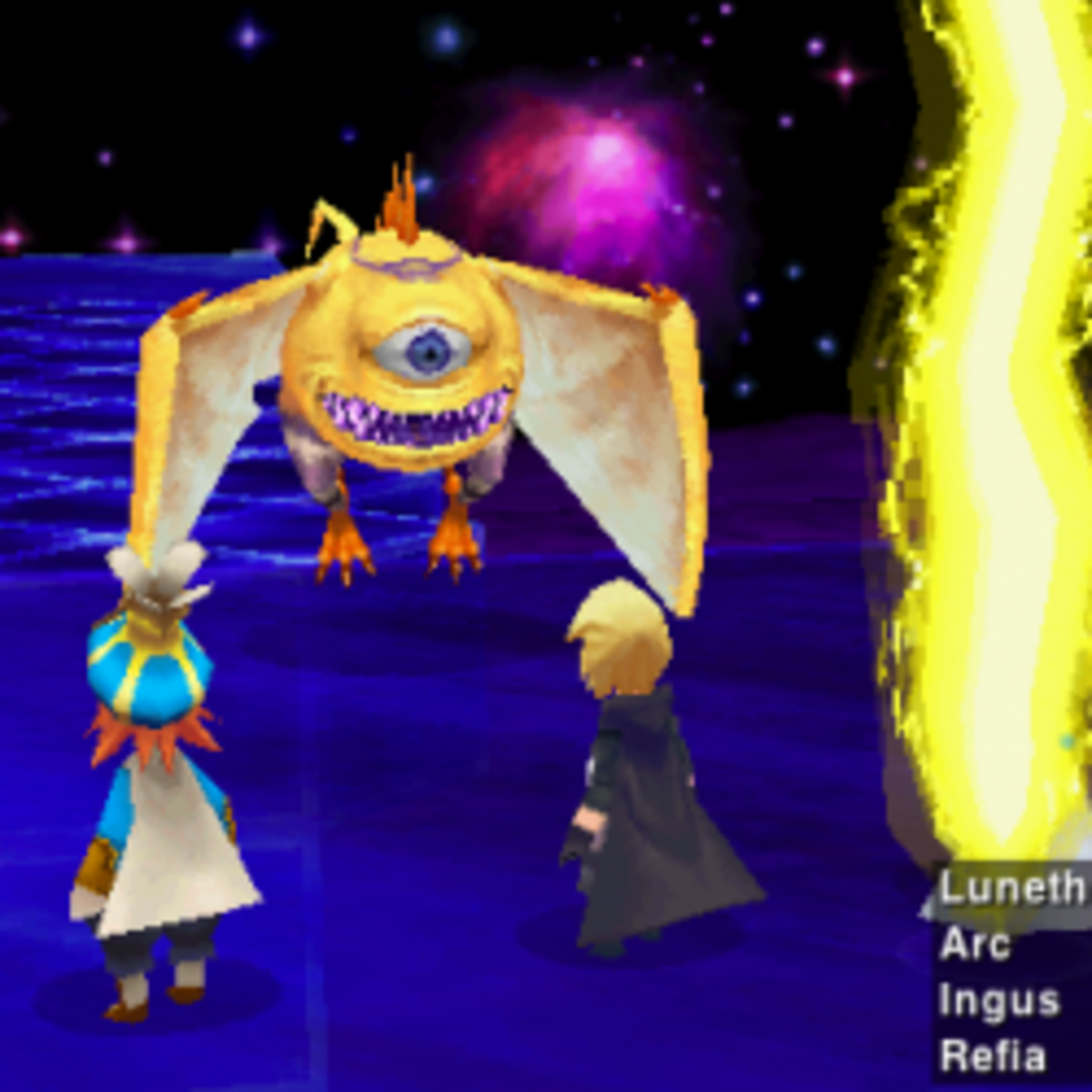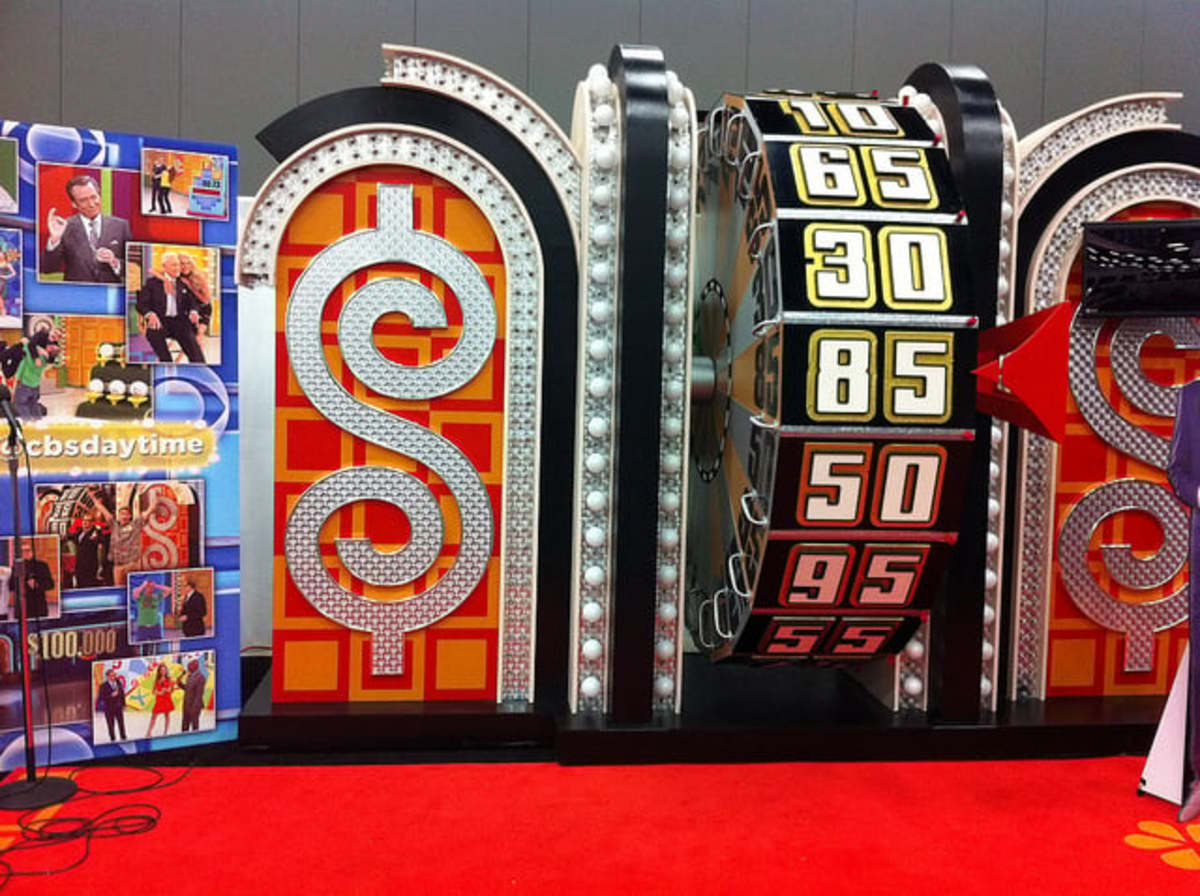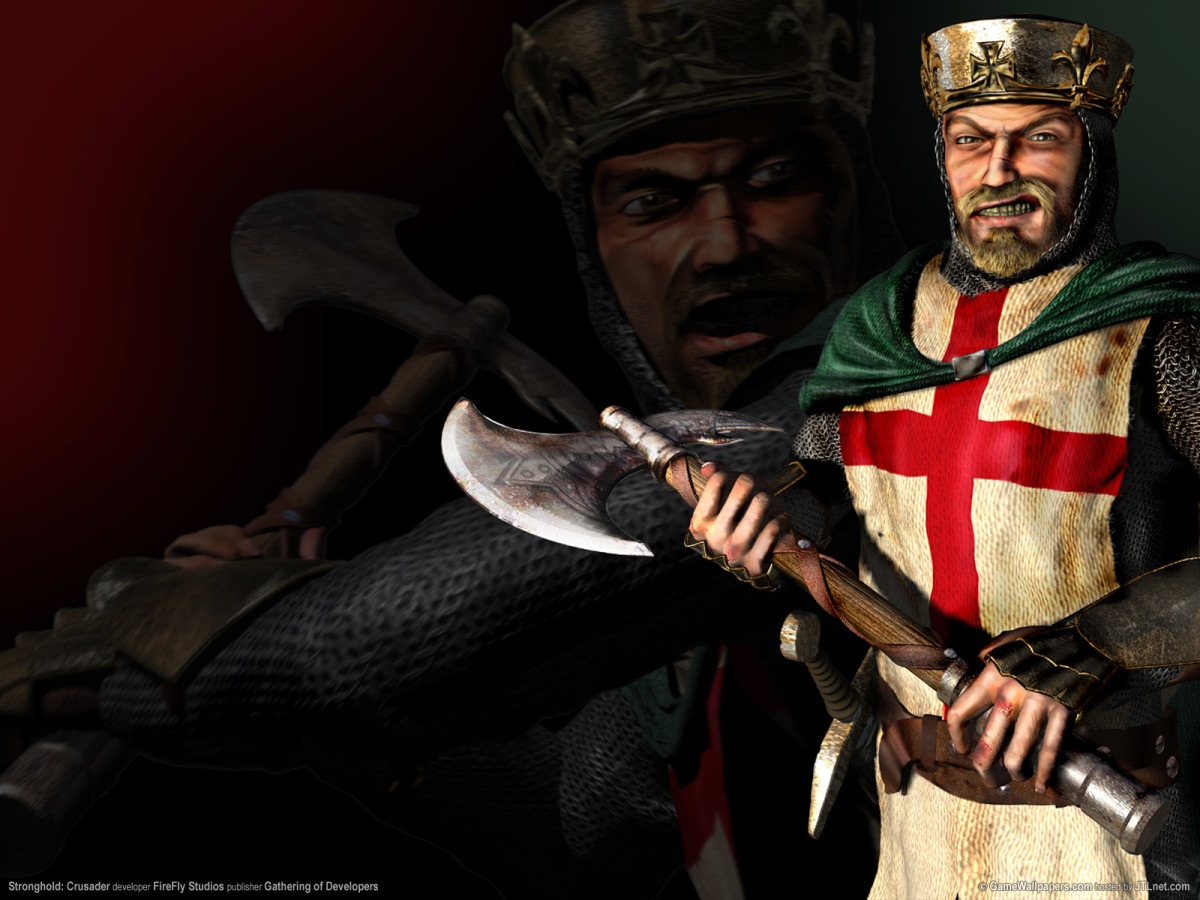5 Things You Didn’t Realize You Missed About Video Games
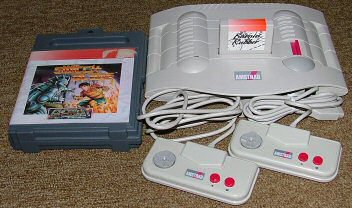
In this age of (almost) photo realistic graphics, sweeping fully rendered locations and epic musical scores that rival any mega-budget Hollywood feature it’s easy to forget the humble beginnings of the billion-dollar video game industry.
Before home consoles had the processing power of a NASA control room and before you could play online and be cursed at by 12 year-olds in a variety of languages, games were a simpler affair.
Blocky graphics, long loading times and specific save points were what was to be expected when a gamer managed to hijack a few hours with the sitting room television.
Thankfully most of the more frustrating parts of gaming have been ironed out as the industry grew and eventually transformed into the behemoth of technology we know today.
But with this forward rush of progress a few elements beloved by the older gaming generation have been left behind.
With that in mind let us look back at five things we didn’t realise we missed about video games.
Terrible Voice Acting
With most game companies having enough capital to attract movie stars to add a little thespian flair to their games, they most certainly have enough to hire actual actors to breath life into increasingly long and complex game scripts.
So with more than a little sadness we are to conclude that the truly awful voice-acting that once punctuated even the best games is something regulated to the dusty arcade of history.
Sure, some seventh generation games suffered some wobbling steps in the voice acting department. The dialogue dense Heavy Rain for example had a slew of Europeans muddle their way through American accents.
However this is a pretty minor grumble when compared with the crimes against elocution and pronunciation that the fifth generation consoles unleashed upon the world.
Most of the fifth generation consoles adopted CD-ROMS in place of cartridges, which allowed more storage space and thus more room to store those gems of sputtering, poorly delivered dialogue.
Maybe games companies just didn’t want to pay actors to read out their hastily cobbled together scripts. Opting instead to grab Bill from accounting to lend his vocal talents because he once helped paint some scenery in a school production of Hamlet.
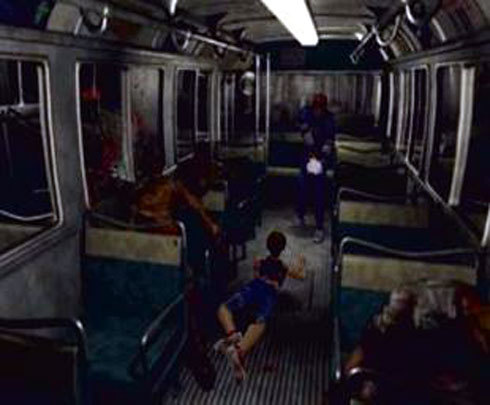
The original Resident Evil lives in infamy due to it’s laughter inspiring voice-acting.
Younger gamers will perhaps never know the warm feeling of milky joy derived from entering a room encrusted in blood and body parts only for the main character to nonchalantly quip:“What a mess.”
Perhaps it was the overly serious tone that the survival horror genre strove for that made the woeful acting so apparent.
Deep Fear on the doomed Sega Saturn had such awful acting that it came out as downright bigotry.
None of the voice actors come anywhere close to delivering even a passable job but the actor - the term is used loosely - who voiced Dubois Amalric deserves a special mention for creating a character that sounds like what the Westboro Baptist Church imagines all gay men sound like.
Bad Translations
Much like the last example the prevalence of poor translations from Japanese to English in many older games is probably more to do with smaller budgets than laziness on the part of the translator.
In the rush to release games in the European and American markets game companies probably roped in their overworked and underslept intern, armed him with a Japanese to English dictionary and had him work tirelessly in translating their games text.
The lack of importance placed on proper translations led to so many games being released with moments of fully scripted, badly translated brilliance.
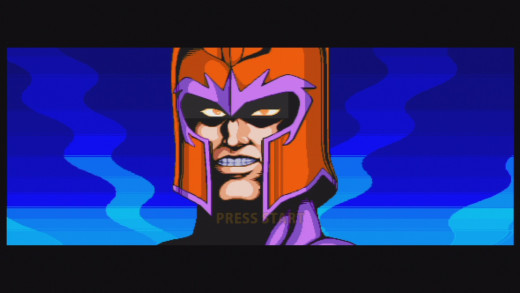
Konami’s 1992 side-scrolling beat ‘em up X-Men is fondly remembered for it’s ludicrously bad translations. The game's villain: Magneto, makes the brunt of the verbal faux pas, declaring himself “...the master of magnet” along with threatening the X-men with killer fight talk like: “Welcome to die.”
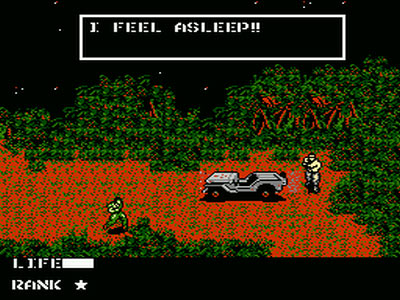
I’m not just picking on you Konami but the original entry in the Metal Gear Solid franchise: 1987’s Metal Gear has been ceaselessly mocked for the unfortunate grammatically incorrect line: “I feel asleep.”
The infamous “Spoony Bard” line from Final Fantasy II has gained a second life on t-shirts, websites and on the tip of every nerd-in-the-know’s tongue.
The nonsensical line was an apparent cover-up of a homophobic slur that appeared in the Japanese original.
So let us tip our hats to those overworked interns who toiled for hours under the threat of shame on their families for the moments of unintentional levity they brought to our lives. After all, isn’t the world a better place because all your base are belong to us happened.
Original Title
As so often in the relatively short amount of time commercial computer games have existed, modern games often take their cues from the film industry.
So just like Hollywood's current obsession with cinematic universes, prequels, origin stories, reboots, remakes and good old-fashioned sequels, the gaming industry has dug its heels into the familiar dirt and developers now rely heavily on established franchises to shift units.From a financial perspective it makes perfect sense.
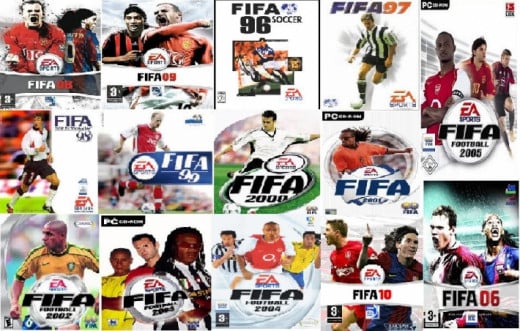
The production costs of modern games continue to swell as gamer expectation grows with every passing year.
Thus developers want to take fewer risks with the games they release.
Updating an established franchise is one method of reducing the potential financial risk by releasing titles with an inbuilt fan base.
Concentrating on franchisees doesn’t necessarily make for worse games and it’s not even a particularly new concept.
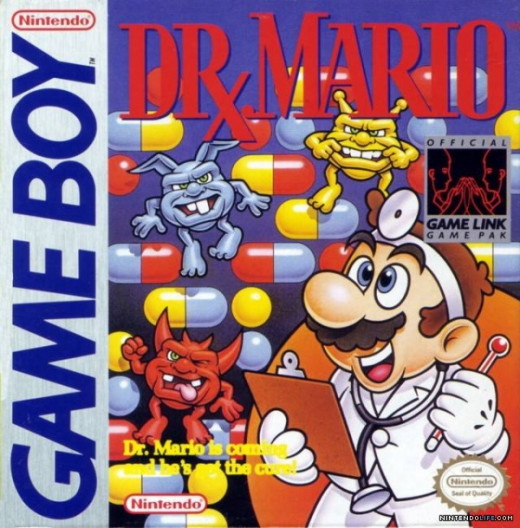
Nintendo have been steadily releasing Super Mario games since 1985. The character has become such a Nintendo staple the company has wedged the plucky plumber and his mustache in titles that vary wildly from his platform origins.
While the games may not be necessarily getting worse, an over reliance on franchises does hamper any new titles establishing themselves in a sequel saturated market.
New hardware should usher in a new era of play. The increased technological prowess allowing developers to dream bigger and let imaginations run riot. But often we’re treated to a slew of sequels that act as little more than updates rather than genuine progressions.
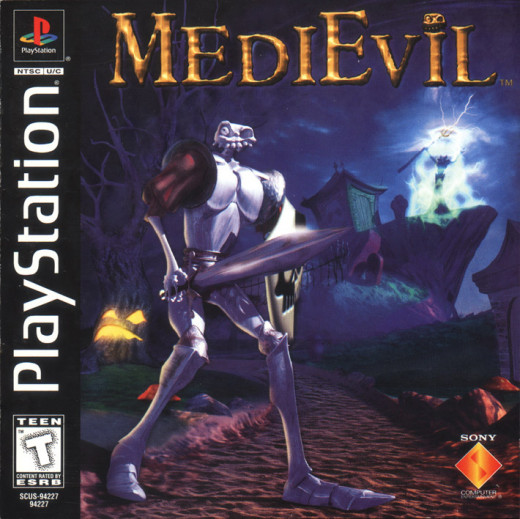
Casting our rose-tinted minds back to the PS1 era it felt like that console was overflowing with new and unique titles rather than relying on the safe and familiar.
Quite rightly the PS1 is often accused of starting the sequel trend but it always had a healthy stash of original titles that allowed the player to dive into new and exciting worlds.
Titles like Ubsoft’s 2014 Watch Dogs may just remind developers that original concepts have a place in the modern world of gaming and can be just as successful as their retreaded counterparts.
Game Music (Chiptune)
Computer game music has had its own unique and technologically driven evolution. From cartridge to CD-ROM, from monophonic looping to fully released scores that react to the player's actions, computer game music has grown along with the medium.
The sound in modern games is very much influenced by film and by current trends in pop culture. Notable musicians have had their music featured on big name games.
Detroit rapper Eminem’s song: Survival was originally released as a bonus when pre-ordering Call of Duty: Ghosts.
Michael Giacchino, who composed the soundtracks for films such as Jurassic World, Inside out and the most recent Star Trek films, began his career composing computer game soundtracks.
Modern developers use long established tropes of film in their game music. Full orchestras are used when gunning down commies/nazis/terrorists/people with accents, to add a dramatic edge to the heroic slaughter.
Gentle piano music is used to add a soft veneer of pathos when the gunfight ends and amongst the sea of dead one American character has been wounded.
Before there was the seemingly infinite space to save all these sweeping musical scores, game developers relied on synths and sound chips to add melodies to their titles.
This gave birth to some catchy tunes that beguiled their crude construction. Atmospheric compositions like the theme from 1990’s Shadow of the Beast is in its own right a skillfully crafted piece of music.
The digitized compositions that formed the basis of Super Nintendo and Sega Mega Drive titles eventually became its own music genre; affectionately referred to as Chiptune.
Of all things we remember about retro computer games the music perhaps is what has managed to entrench itself in our collective conscience.To a certain generation the theme from the opening level of Super Mario Bros is more recognizable than the theme from Jaws.

